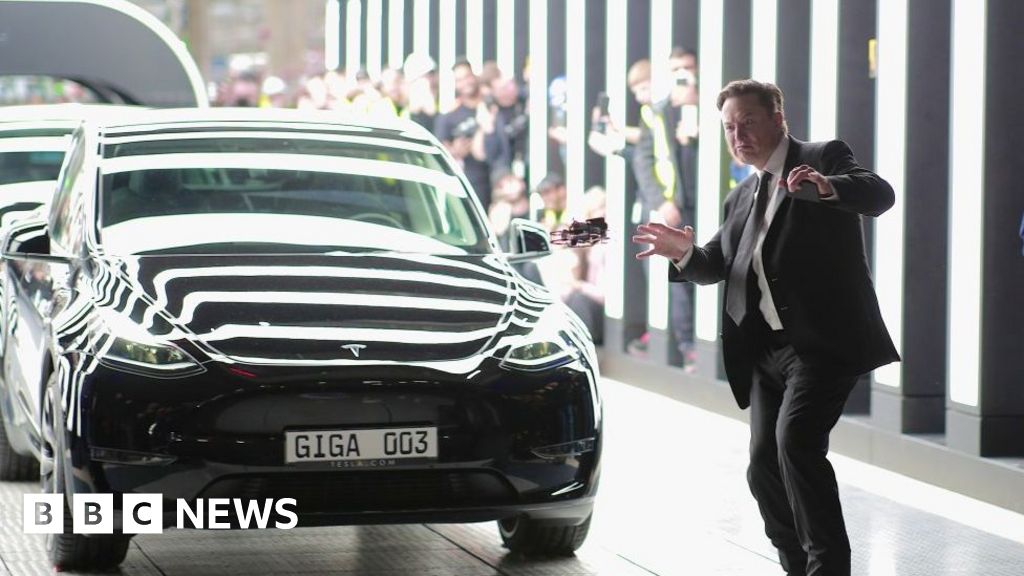
Elon Musk, the CEO of Tesla, recently visited Beijing to discuss enabling Full Self Driving (FSD) in Tesla cars in China. China is the second-biggest market for Tesla and FSD is not yet available there. Musk wants to transfer data collected in China to train its algorithms. However, Chinese authorities have been cautious about the rollout of FSD due to safety concerns.
Musk met with Chinese Premier Li Qiang during his visit and was quoted by state media as saying Tesla was willing to deepen cooperation with China. In response, Li told Musk that the Chinese market would always be open to foreign-funded firms. Other carmakers such as Xpeng, based in Guangzhou, have been competing with Tesla by rolling out similar self-driving functions in their cars.
Tesla has taken steps to reassure Chinese authorities about the rollout of FSD, including establishing a data center in Shanghai to process data about Chinese consumers in accordance with local laws. The trip came after the US National Highway Traffic Safety Administration (NHTSA) reported that Tesla's driver assistance system had safety concerns and was investigating whether a recall successfully addressed these issues.
The NHTSA found that despite requirements for drivers to maintain focus on the road and be prepared to take control when autonomous driving was enabled, drivers involved in crashes were not sufficiently engaged. Tesla's software is supposed to ensure that drivers are paying attention and only use the feature in appropriate conditions, such as on highways.
Musk has promised that Teslas will be able to act as autonomous 'robotaxis' for years. However, critics accuse him of hyping up the prospects of full autonomous driving to prop up Tesla's share price, which has fallen due to challenges such as falling demand for electric vehicles worldwide and competition from cheaper Chinese manufacturers.
Tesla recently reported a 13% fall in automotive sales and a 9% drop in overall sales. The company has been cutting the prices of its cars in China and other markets to drum up demand.
